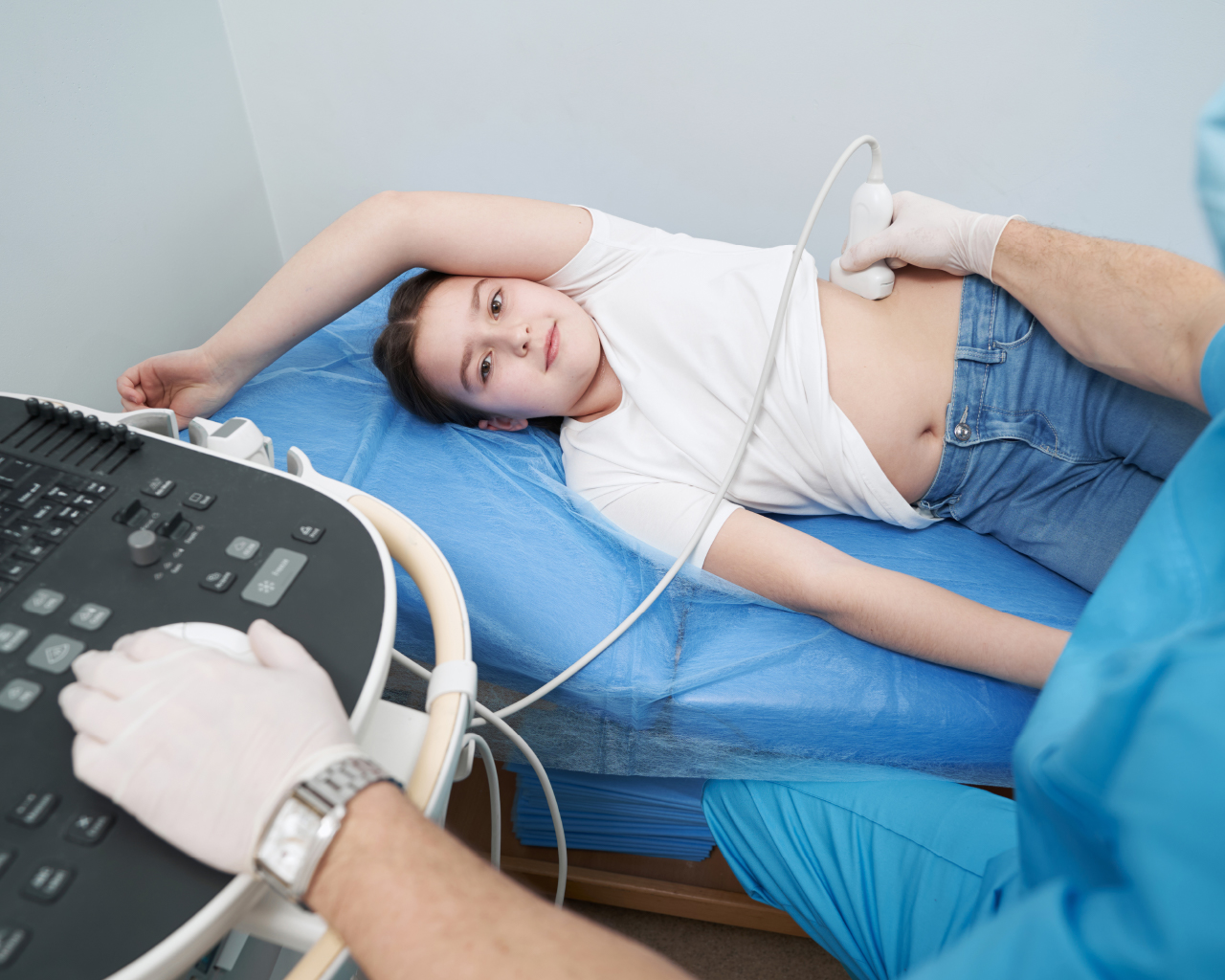
Kidney stones are usually associated with adults but can also occur in children, including babies. The reasons are varied and include genetic, pathological, and lifestyle factors. Let us understand why children get kidney stones.
Kidney stones are the salts or minerals typically found in urine, which are not removed from the body through urine.
The kidneys' job is to eliminate wastes and extra fluid. Still, it can lead to stone formation when their function is impeded due to factors like lack of hydration, excessive salt, minerals, and proteins, or consuming junk foods and fizzy drinks. The urine becomes concentrated with too many waste substances.
If there is an inadequate water intake for the body, an excessive volume of salts and minerals remains behind and is not flushed out. These salts tend to stick together or crystallize, thus turning into stones. The stones can be tiny or large.
When children develop stones in their kidneys, the following symptoms can occur:
There are several methods of testing for kidney stones, including the following:
Kidney stone treatment aims to help the stone pass out in the urine. There are several ways to make this happen: Drinking large volumes of water daily can help flush out the stones with pain medications to manage pain in the interim. Oral medicines also help the stone be flushed out in the urine. However, if the symptoms are severe, we recommend your child be admitted and monitored to start the most appropriate treatment.
Sometimes, if the stones are too large to pass through the urinary tract, a procedure called lithotripsy breaks the stone into tiny pieces using sound waves, making it easier for the fragments to be flushed out. It is a safe, non-invasive, painless, and effective procedure.
What can parents do to prevent their children from getting kidney stones?
Be alert to the signs or symptoms of kidney stones in your child and seek prompt medical advice. To book an appointment with our experts, call 80024392. Our child specialists will ensure your child's smooth and safe recovery.
قصص المرضى